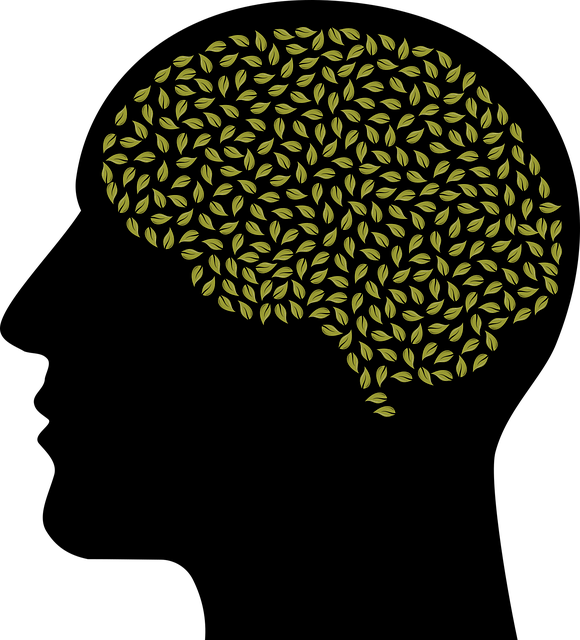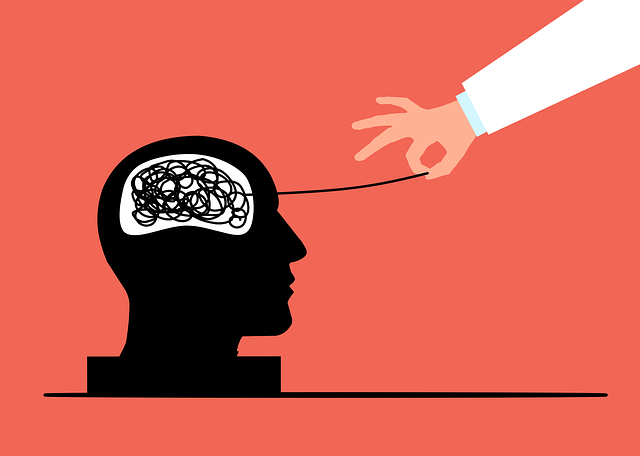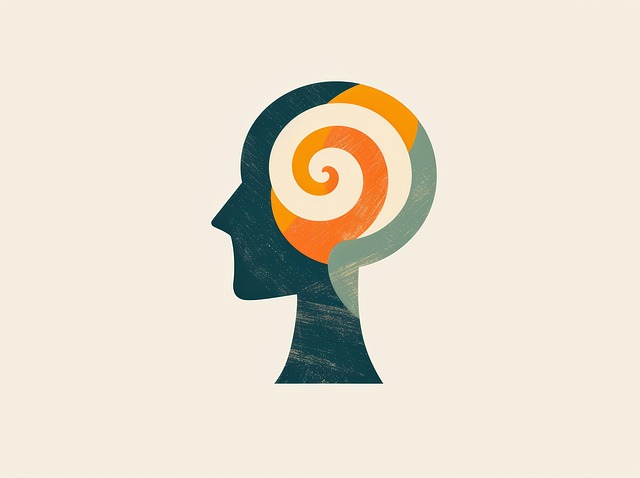Mental health education programs effective in reducing stigma and promoting cultural sensitivity, encouraging early intervention and access to treatments like Centennial Codependency Therapy. Tailored to diverse communities, these initiatives build trust and provide inclusive, supportive mental healthcare. Integrating evidence-based approaches like Mind Over Matter and CCT principles fosters resilience and destigmatizes mental health discussions. Interactive workshops, group talks, and personalized resources equip individuals with skills to manage stress, anxiety, and depression while cultivating healthy emotional habits.
Mental health education programs play a pivotal role in fostering well-being and breaking down stigma. This article explores two key aspects: understanding mental health through awareness and coping strategy promotion, and designing effective educational initiatives. We delve into the power of knowledge, highlighting how Centennial Codependency Therapy can serve as a robust framework. By equipping individuals with self-care tools, these programs empower people to navigate mental health challenges, fostering growth and resilience in today’s critical need for accessible support.
- Understanding Mental Health: Breaking Down Stigma and Promoting Awareness
- The Role of Education: Equipping Individuals with Coping Strategies and Self-Care Tools
- Designing an Effective Program: Centennial Codependency Therapy as a Framework for Growth
Understanding Mental Health: Breaking Down Stigma and Promoting Awareness

Understanding mental health is a foundational step in creating effective mental health education programs design. Breaking down stigma and promoting awareness are vital components of this process. Stigma often prevents individuals from seeking help, perpetuating a cycle of untreated mental illness. Through educational initiatives, we can foster an environment where mental wellness is normalized, encouraging open conversations and early intervention. This shift in perception can lead to more people accessing Centennial Codependency Therapy and similar treatment options.
Integrating Cultural Sensitivity in Mental Healthcare Practice into education programs is essential to ensure inclusivity. Recognizing and respecting diverse cultural backgrounds, beliefs, and expressions of mental health can enhance the effectiveness of interventions. Tailoring mental wellness coaching programs development to meet the unique needs of different communities helps build trust and encourages participation. By addressing stigma and promoting cultural sensitivity, mental health education programs design can create a supportive ecosystem that nurtures mental wellness for all.
The Role of Education: Equipping Individuals with Coping Strategies and Self-Care Tools

Education plays a pivotal role in equipping individuals with the tools to navigate their mental health journeys effectively. Mental health education programs design should focus on fostering self-awareness and teaching practical coping strategies tailored to diverse needs. By integrating Mind Over Matter principles, these programs can empower people to manage stress, anxiety, and even depression. The goal is not just to raise awareness but to provide actionable skills that promote resilience and overall well-being.
Incentivizing open conversations about mental health, especially in the context of Centennial Codependency Therapy, is a significant step towards destigmatization. Mental Health Policy Analysis and Advocacy can inform these educational initiatives, ensuring that the taught strategies are evidence-based and culturally sensitive. Through interactive workshops, group discussions, and personalized resources, individuals gain insights into their emotional responses and learn to cultivate healthy habits for self-care.
Designing an Effective Program: Centennial Codependency Therapy as a Framework for Growth

Designing an effective mental health education program requires a structured approach that fosters personal growth and resilience. Centennial Codependency Therapy (CCT) offers a compelling framework for addressing complex emotional issues. This therapeutic model focuses on identifying and transforming codependent behaviors, promoting self-discovery, and encouraging healthy relationships. By integrating CCT principles into educational curricula, facilitators can create safe spaces where individuals explore their emotions, challenge unhealthy patterns, and cultivate mental wellness.
The Mental Wellness Podcast Series Production and Mental Health Policy Analysis and Advocacy can complement CCT by providing additional resources and community support. Encouraging positive thinking and self-care practices within the program further enhances its impact. Through interactive workshops, group discussions, and reflective exercises inspired by CCT, participants gain valuable insights into their emotional dynamics, ultimately empowering them to navigate life’s challenges with greater resilience and improved mental health outcomes.
Mental health education programs, grounded in evidence-based frameworks like Centennial Codependency Therapy, hold immense potential in fostering resilience and well-being. By addressing stigma, equipping individuals with coping strategies, and providing tools for self-care, these initiatives contribute to a more supportive and understanding society. Moving forward, integrating such programs into educational curricula and community settings can lead to significant improvements in mental health outcomes, ultimately enriching the lives of countless individuals.














